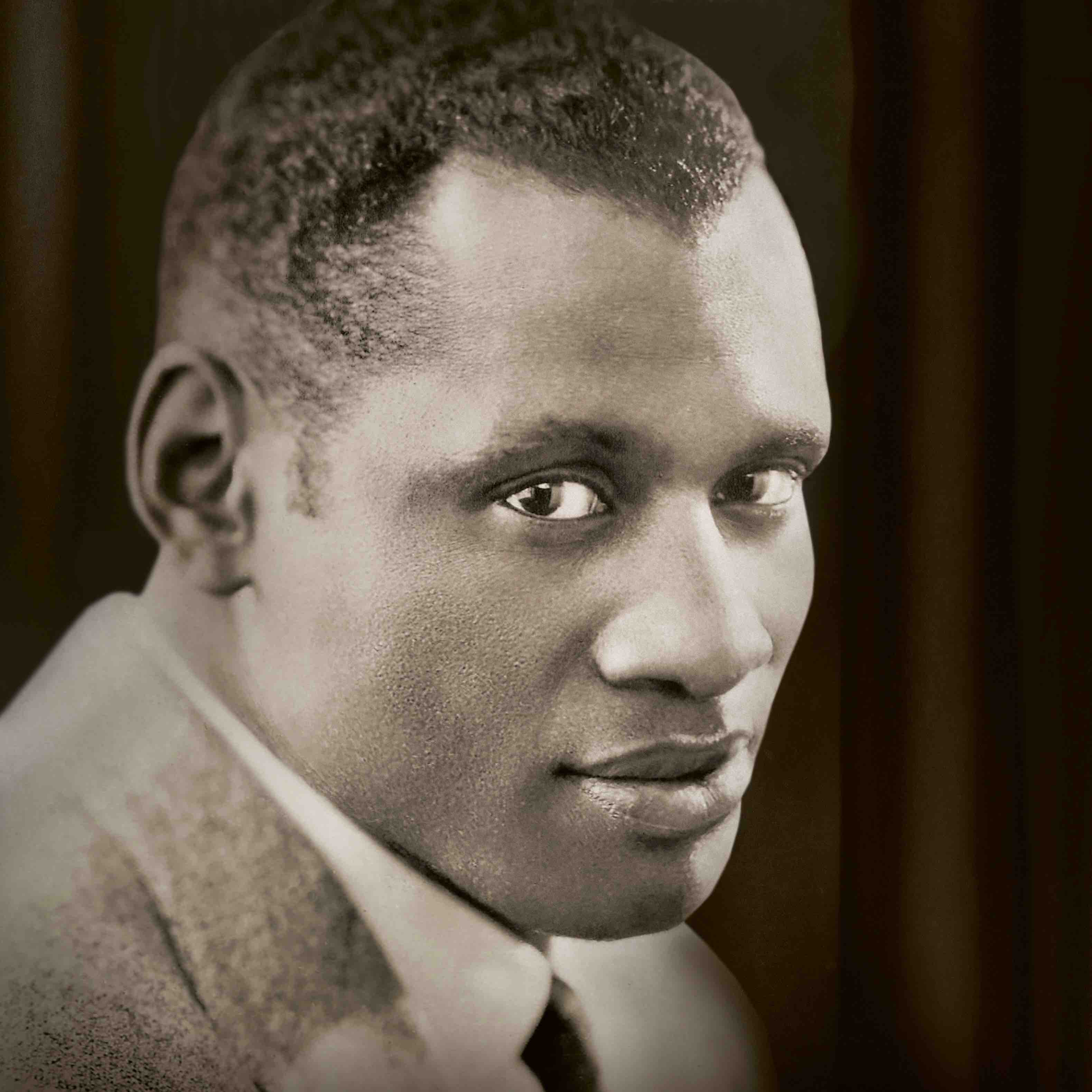Paul Robeson
Voice of Freedom: His Complete Columbia, RCA, HMV and Victor Recordings
SONY CLASSICAL
Despite going overlooked for the GRAMMYs’ Best Recording Package this year, this 14-CD collection documenting the legendary African-American bass-baritone vocalist, stentorian actor, and civil rights advocate is a crucial cultural tome—Black History Month and beyond. Like MLK, whose poignant leaps into poetic verse and dramatic soliloquy followed in the actor-singer’s footsteps, Paul Robeson sought to unite the world’s many cultures and colors, rather than tear them down or apart, and spoke loudly against all manner of colonialism, racism, and social injustice in 20 different languages.
It was that international profile of live concerts and stage readings (captured by Columbia, Victor, and HMV Recordings from 1925 to 1947) that saved Robeson when, during the McCarthy era’s Red Scare, he was blacklisted and had his passport revoked. Because Robeson continued to be a radio and recording presence, and because he was able to famously perform New York and London recitals (the latter at Royal Albert Hall) in 1958 due to the might of his influence (presented here for the first time on CD), Robeson’s forceful, peaceful message remained clear—and loud.
All but having started the Harlem Renaissance, Robeson—as Orson Welles once famously noted—had an oversized presence and resonant voice for kingly theater and film roles, such as 1933’s The Emperor Jones and (presented here for the first time, restored) 1944’s Othello stage production with Uta Hagen and José Ferrer. In remastering all of Robeson’s Columbia label output (including Songs of Free Men, Popular Favorites, and Spirituals), it is, without exaggeration, as if scholars dedicated to sacred song discovered an additional chapter to the Bible.
Robeson’s baronial voice, in song and spoken-word recital, spoke to God, often in God’s service, during mountainous musical moments such as “Were You There? (When They Crucified My Lord)” and “I’ll Hear the Trumpet Sound.” This is not to say that Robeson didn’t also master rumbling secular song—when he tackles earthly sensuality (“Li’l Gal”), working-man blues (“Water Boy”), and the confusion of racism and the gutted feelings of loss (“Sometimes I Feel Like a Motherless Child”), Robeson captures “soul,” true passionate quintessence, in a manner you can’t imagine possible. And for those who know little or know much about Paul Robeson, the coffee-table book set within Voice of Freedom makes this box set doubly invaluable.







